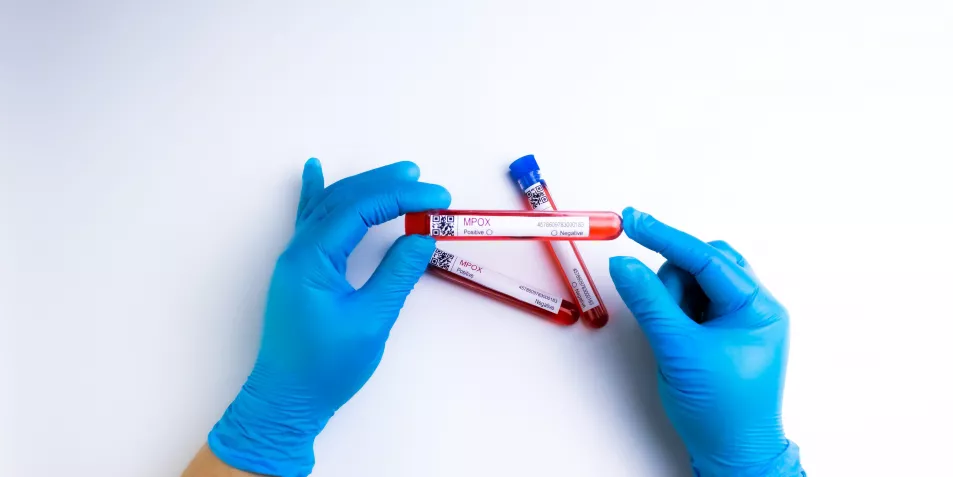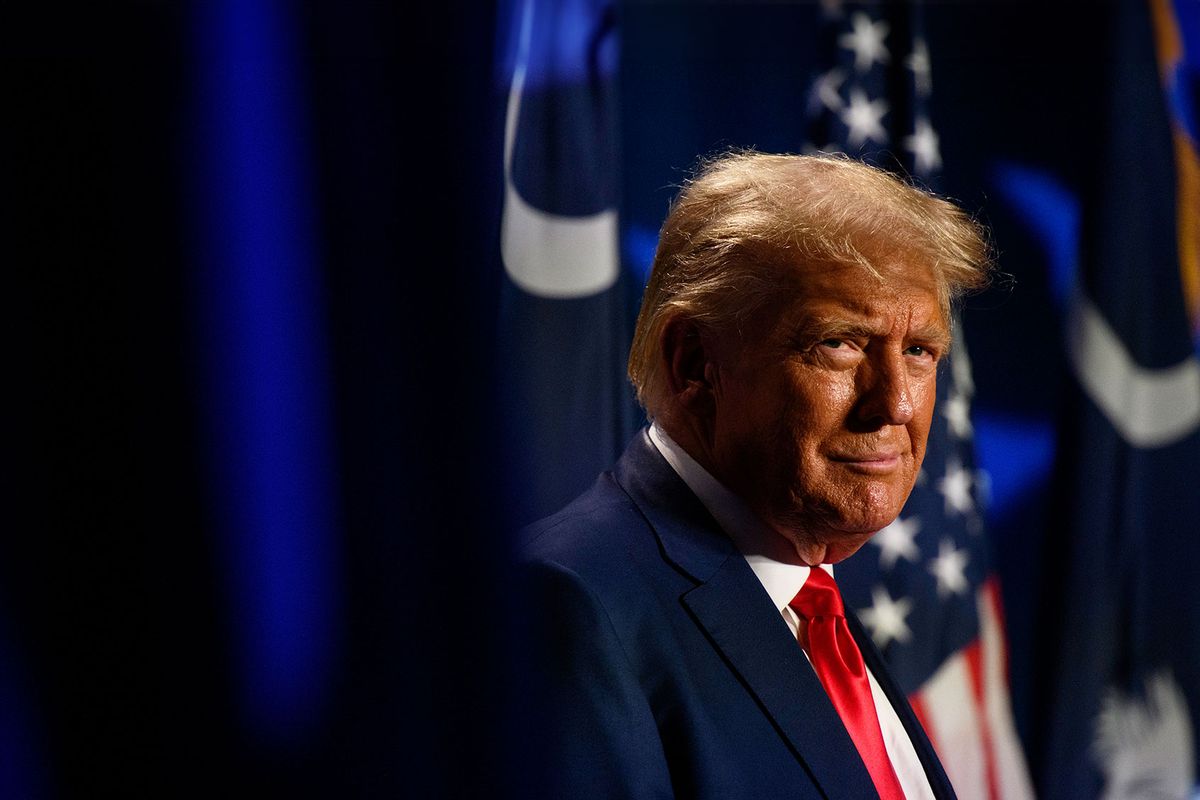TRENTON, New Jersey — New Jersey Gov. Phil Murphy is poised to sign a $56.6 billion spending plan and a tax hike on the state’s largest corporations to fund public transportation.
The state Legislature on Friday sent the annual spending bill as well as legislation to implement new tax hikes to Murphy’s desk. He is expected to sign it into law on Friday evening.
The tax increase on businesses is among the most closely watched parts of the spending plan. The corporate transit fee would impose an additional 2.5 percent tax on corporations with over $10 million in profits and would be on top of the state’s nine percent corporate business tax rate.
The proceeds from the new transit fee would help fund NJ Transit, which faces a nearly billion-dollar funding gap. The new tax comes as the Metropolitan Transportation Authority is left scrambling to find money for its budget after New York Gov. Kathy Hochul abruptly canceled a congestion pricing plan in Manhattan, which was strongly opposed by Murphy because of its effect on New Jersey commuters.
The new transit fee would make New Jersey the state with the highest business taxes in the nation. NJ Transit, one of the country’s largest transportation networks, has been beleaguered with cancellations and delays during a recent heat wave. It’s also raising fares on riders by 15 percent beginning next week to try stabilizing its finances.
Speaking with reporters about the tax hike on businesses, Murphy said that “you don’t pull that lever happily.” Murphy compared the business tax to fund transportation to the now-paused congestion pricing plan in New York City, which would have charged commuters extra for driving into lower Manhattan.
“You saw the drama that played out in New York City, in New York state, with the MTA, where they were going to rely on third parties, essentially, to solve their fiscal challenge in the transit system,” he said. “All of us committed that we wanted to solve our problems within our four walls, and sometimes that’s not pain-free.”
The new tax will sunset after five years and is retroactive to profits from the start of 2024. New Jersey had a similar 2.5 percent surtax for corporations with profits of over $1 million that expired at the end of 2023. Business groups have fought the tax increase.
“It is on top of other major businesses taxes levied by this administration. It will have little to no benefit for impacted employers. It is punitive and damaging in its retroactivity,” New Jersey Business and Industry Association President and CEO Michele Siekerka said in a statement.
As part of the budget, there is also a one percent hike on maintenance organization premiums, and the state would phase in the 6.625 percent sales tax to electric vehicles by July 2025. The state Senate’s Environment and Energy Chair, Bob Smith, opposed phasing in the sales tax and voted against it alongside state Republicans and one other Senate Democrat.
The state budget includes a roughly $7 billion pension payment for public workers; a fully funded school funding formula for the first time ever, with approximately $12 billion for public education; and funding for direct property tax relief programs such as ANCHOR, which gives homeowners $1,750 rebates and renters $700 to address the state’s high property taxes.
There is also $220 million set aside for the StayNJ program, which is expected to go into effect in 2026 and would cut senior’s property taxes in half with income eligibility limits of $500,000. The state funded the program despite requirements that say funding it must not interfere with a 12 percent budgetary surplus (the surplus for the FY2025 budget is approximately 11 percent).
“The things that are in this budget are reflective of the … promises that we made to the people of New Jersey when we said to them we’re going to sit down at your kitchen table and make sure the things that are important to you are important to us,” Assembly Speaker Craig Coughlin said during a press conference.
The state is also scrapping the back-to-school sales tax holiday, which exempted sales taxes on school and sports equipment across the state for a period before schools opened.
There were some tax and fee increases proposed by Murphy that did not make the final budget. A proposal to hike various fees related to guns was not included, as well as a proposal to tax warehouses based on truck trips did not fake the final cut.
Signup bonus from





